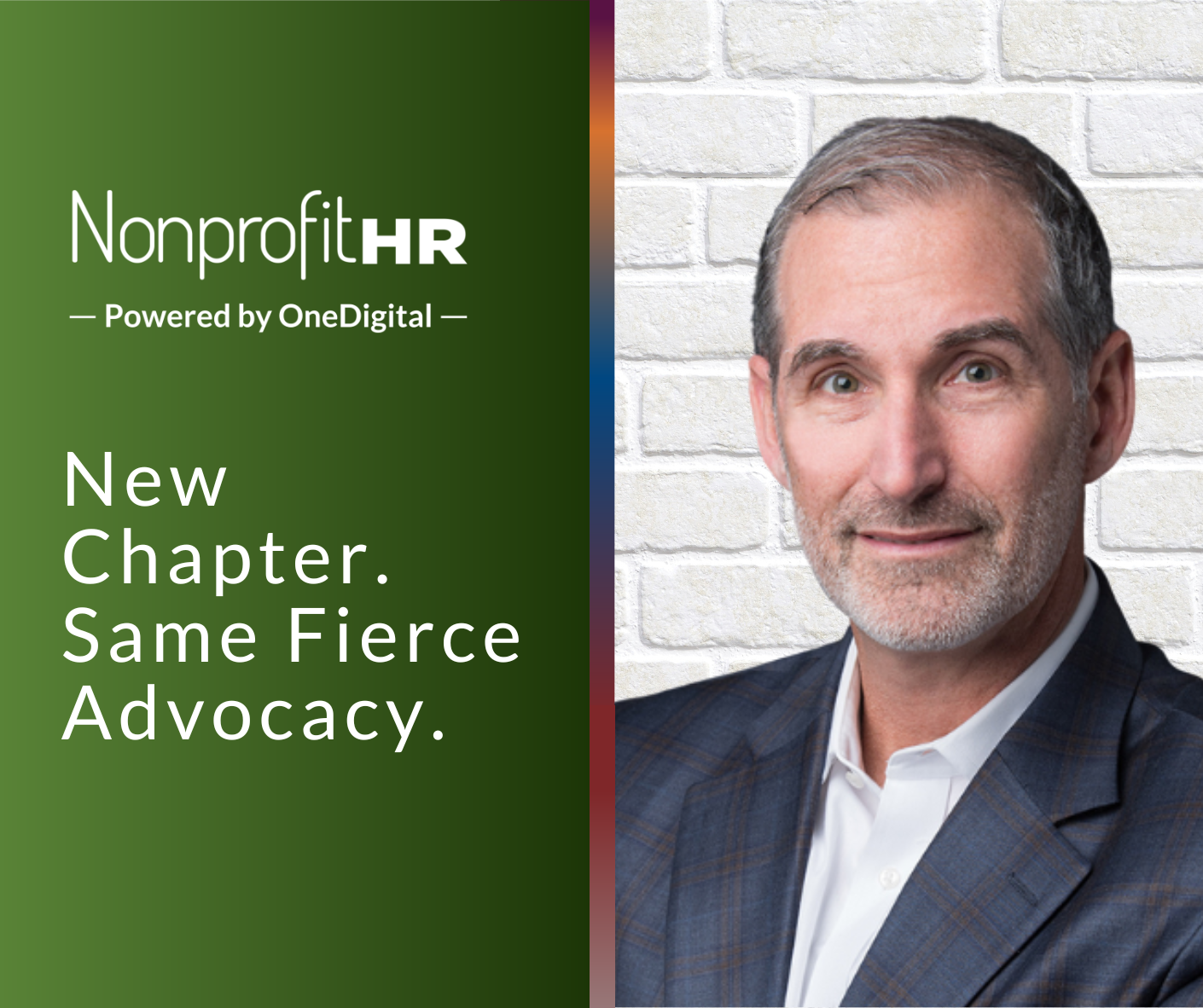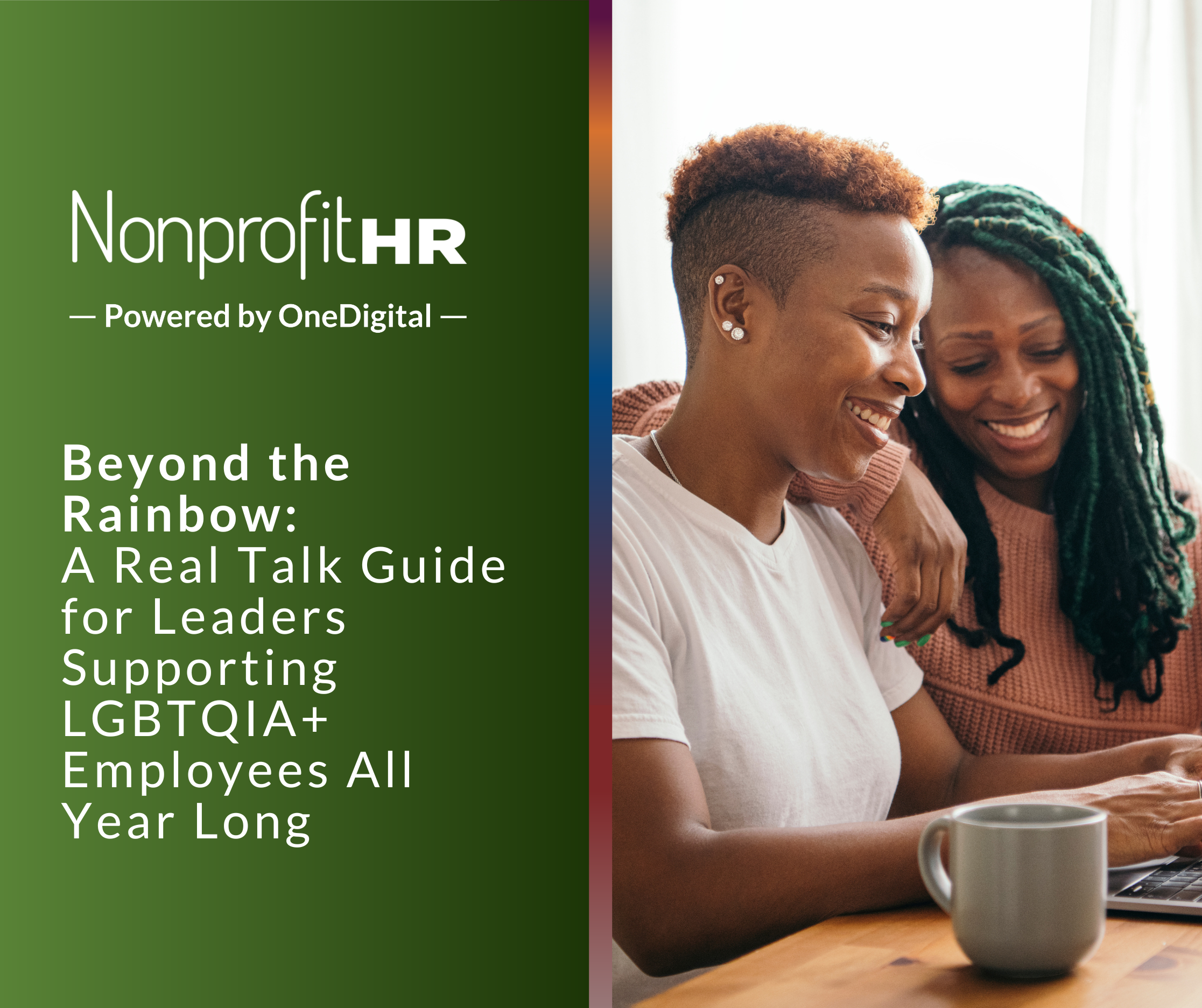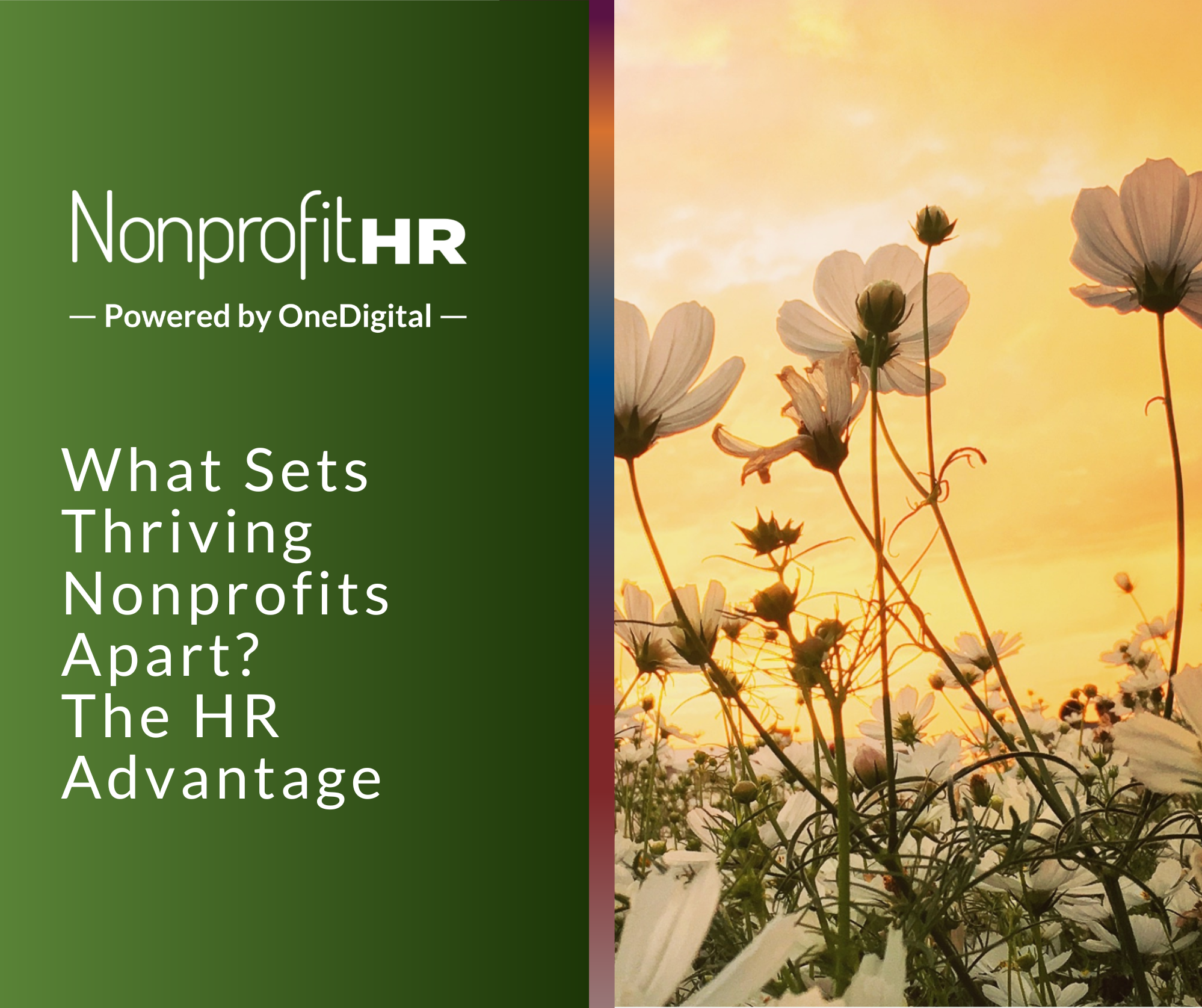WTOP: 5 ways nonprofits can…
The HR Technology Conference is one of my favorite trade shows to attend and not because it is always held in Las Vegas. Aside from a consistent lineup of knowledgeable presenters and cutting-edge content, the conference always showcases the latest and greatest products that help to promote a best-in-class employee experience and better enable HR to focus on activities that deliver the most value to organizations. It is a hub of innovation and opens avenues of opportunity with every new product demo I have viewed. But just focusing on the product itself is shortsighted and does not convey the full picture of what organizations get out of the box.
Vendors should still be examined to see how well they engage organizations and support the success of their HR technology strategy. Here are five things to keep in mind when evaluating a new vendor.
Credibility
Vendors should have expertise in HR software but also with any compliance matters concerning the transactions their systems process from taxes to ever-evolving privacy laws. Vendors that know the compliance rules can partner with organizations in remaining compliant with new legislation and provide best practices on workflows and processes. Seek out vendors that proactively look to provide their clients solutions for an ever-evolving HR legal landscape.
Knowledge of Nonprofit Language
Not all vendors understand the nonprofit space. Smaller organizations in the nonprofit space tend to be understood even less. I once heard a vendor tell a client that they did not need a particular system module, and did not even want to demo it, because other organizations their size do not use it. Nonprofit organizational technology needs, regardless of size, are no less relevant or less sophisticated than a for-profit entity. Seek out vendors that have a solid book of business in the nonprofit space as they are generally better able to advise on what other nonprofit organizations are doing and understand your unique challenges.
A Roadmap That Considers Your Input
Vendors understand that technology should not be built to just sit on a shelf and remain static. New HR technology vendors are always emerging and innovating the next breakthrough in HR technology. To stay competitive and relevant, vendors need to have a keen eye on how they can enhance their product to meet new demands, particularly when that demand is coming from their current clients. Seek out vendors that actively listen to their clients’ recommendations for product enhancements, push out regular product updates and can articulate their product roadmap so that you have a better idea of what they may be able to provide you in the future.
Service Models that Meet Your Needs
Beyond the product, a vendor’s service model should be considered. For example, there are some vendors that will not train employees on the new system during implementation. If there is an expectation that the vendor conducts end-user training, then it is important to understand what the vendor does and does not provide. For those who are not as comfortable with technology, the difference between client-empowered implementations and general service call centers versus dedicated single-point contacts for implementation and support can be crucial. Seek out a vendor that will provide the level of service you seek, be it white glove or hands-off.
Successful Partner to Others
A vendor should be the partner you need and the partner that others need as well. Reference checking is a critical part of the evaluation and selection process. Another organization’s experiences may not be perfect, but that organization should see the vendor as fair and reasonable, and as a partner in their success toward a positive employee experience. Seek out vendors that are readily able to provide references from other organizations of similar size (and even mission) and from organizations that are at different stages of their experience with the vendor, from mid-implementation to several years after implementation.
The relationship and expectations that the vendor builds and sets with you are just as important, if not more so, as the technology they offer. There may not be anything that can be done to avoid disasters like MyPayrollHR collapse and the massive fraud scheme that unfolded there. However, considering the above factors will help your organization gain a full understanding of everything that is being purchased during the evaluation and selection process. The ability to trust in the vendor relationship may sometimes be the sole differentiating factor in deciding which to select for a long and rewarding partnership in delivering better value to the mission.































